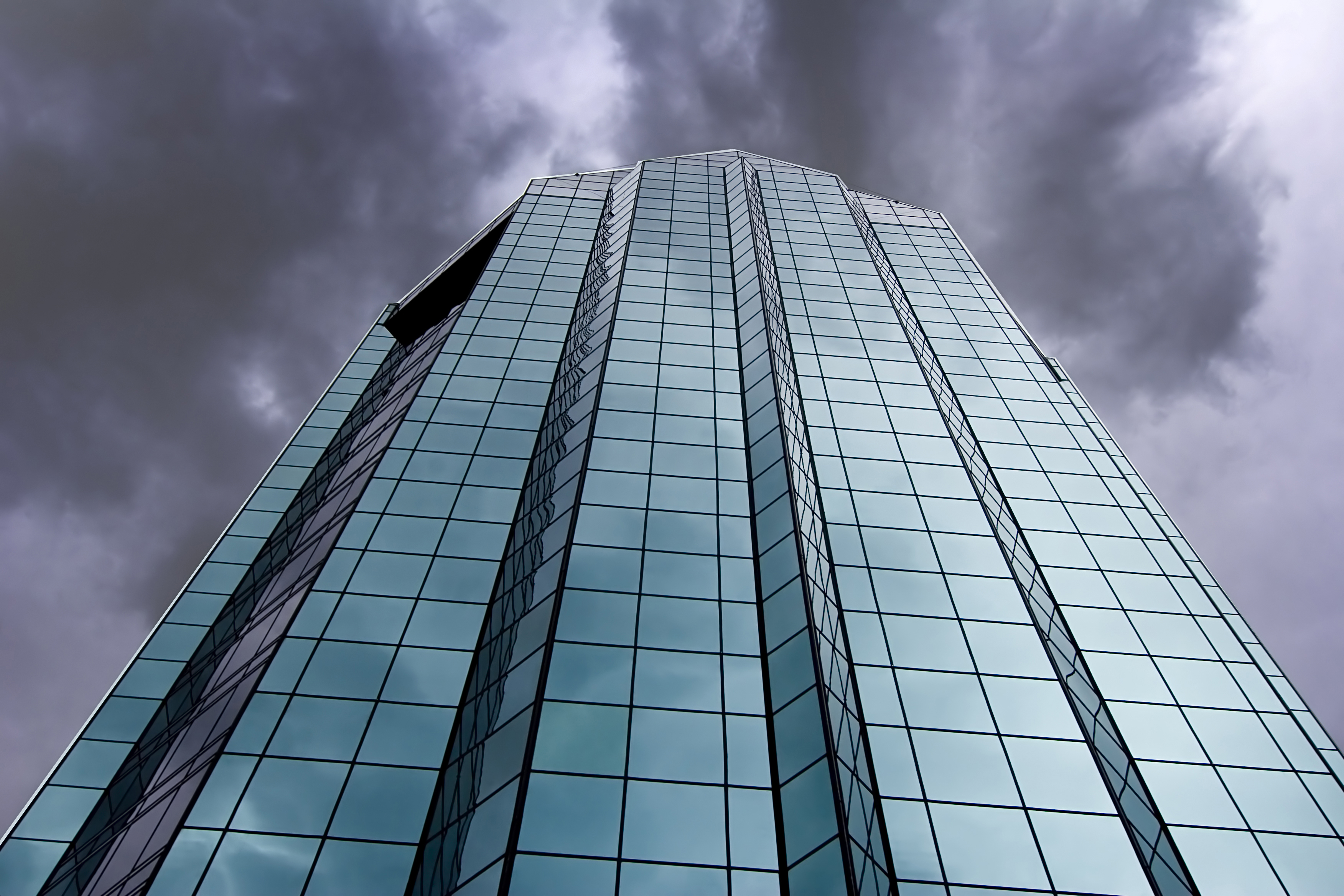Imagine an economy where the interplay between the planet and economic activities is not only recognized but integrated into every business decision.
At RWDI Ventures, we are more than a startup studio; we are a team united by a mission to foster a “climate-aware economy.” But what does this mean?
Imagine an economy where the interplay between the planet and economic activities is not only recognized but integrated into every business decision. Our vision at RWDI Ventures extends to a world where ethical actions toward our planet aren’t just encouraged but are rewarded financially.
Why the built environment matters
Our expertise at RWDI Ventures is deeply rooted in the built environment—homes, offices, bridges, public spaces, and more. This sector is responsible for roughly 40% of global carbon emissions while also providing a primary line of defense to keep people safe from extreme weather events and a changing climate. Despite its pivotal role in climate change, the built environment has a long way to go before becoming a climate-aware part of the economy. This needs to change.

A different approach to climate solutions
In the realm of climate solutions, there are typically two focus areas: decarbonization (reducing carbon footprints), and resiliency (preparing communities and the economy to adapt to changed climate). While this framework is undoubtedly valuable—and one that’s often used by government to set policy and allocate funding—we have a different perspective at RWDI Ventures. We have long believed that a functional toolbox of technologies is needed to unlock a climate-aware economy.
We first wrote about our approach in our blog post on PX (Planet Experience). Instead of a viewing climate solution through the lens of decarbonization and resiliency, we have adopted a user-centric approach when developing a climate-aware economy for the built environment. This perspective aligns more closely with the lifecycle approach commonly used in software product management. There are well-established models for thinking about the building lifecycle (source), tracking a building’s journey from concept design and materials extraction to construction, operation, and eventually, its end-of-life.
Expanding our tool stack
Once you shift to this user-centric view of the building lifecycle, it becomes clear that there are significant gaps in the toolset required to empower a climate-aware economy in the built sector. To address these gaps, we have launched these Ventures companies:
- Orbital Stack is revolutionizing how architects integrate climate awareness into their designs;
- ParticleOne is reshaping our understanding of indoor air quality and its profound impact on health—for both people and the economy; and
- SpotClimate is pioneering “micro-weather” technology to unlock new insights of how weather impacts our daily lives at a very detailed level.
And this is just the beginning.
Introducing ClimateFirst
Our latest venture, ClimateFirst, is dedicated to enhancing the climate resilience of real estate assets. It provides credible assessments of how physical climate risks affect the value and operation of buildings. You can learn more about ClimateFirst in this blog post.
Calling all future innovators
While the journey to complete this toolset is long and filled with challenges, we know that we won’t do it alone. Yet, with RWDI’s 50+ years of expertise in this domain, we recognized the very important role we must play. And we need bright, enthusiastic individuals who share our mission to address the practical challenges of creating a climate-aware economy, especially within the crucial sector of the built environment.
If you’re excited about making a tangible impact and developing solutions for one of the world’s most pressing issues, we want to hear from you. Joining RWDI Ventures doesn’t merely mean joining a company; it means joining a movement—one that’s dedicated to resharing our economy to be more in harmony with our planet.
